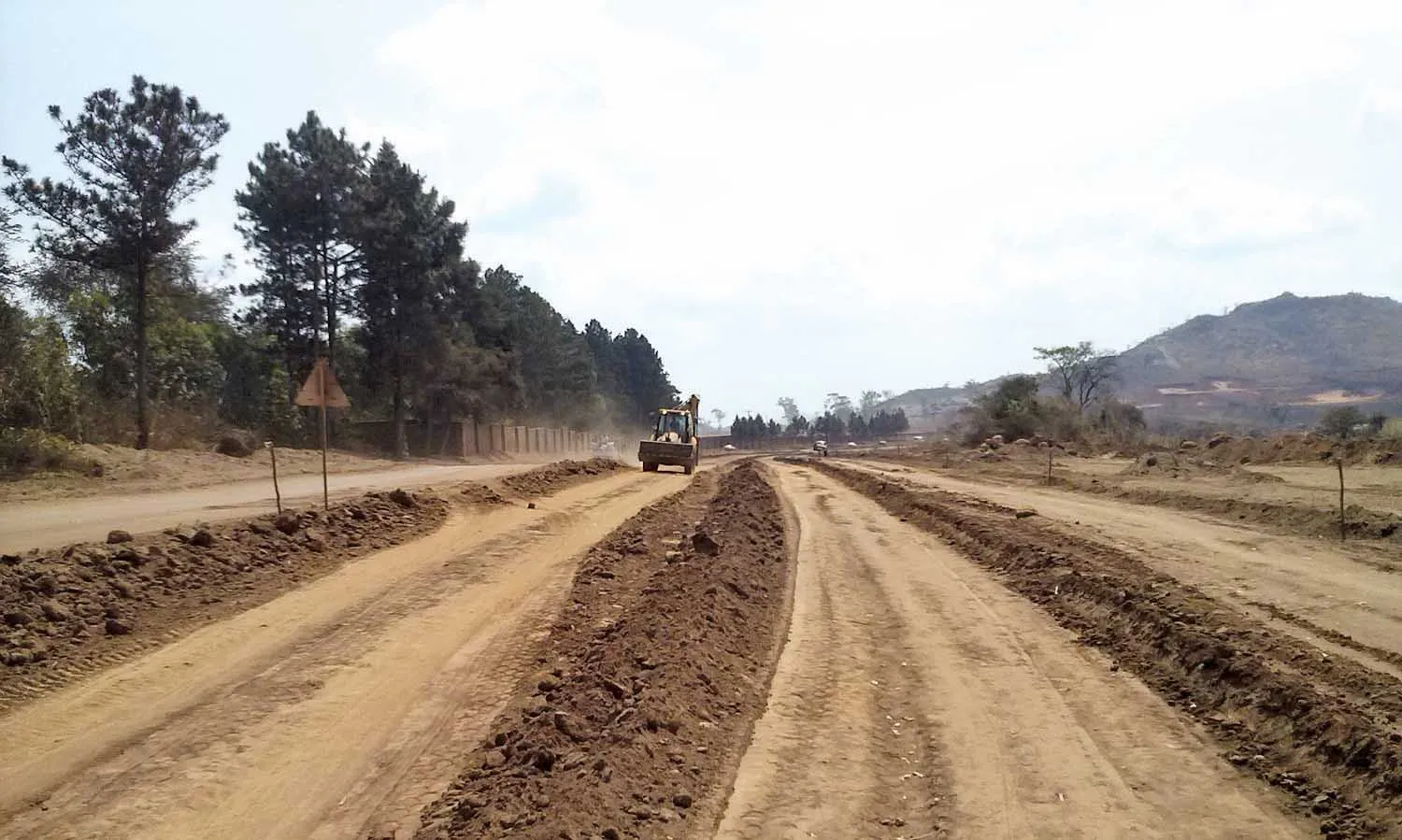In the US, the Transportation and Infrastructure Committee chairman Bill Shuster (R-PA) released a key statement on HR 5021, the Highway and Transportation Funding Act of 2014. The bill was introduced in the House by Ways and Means chairman Dave Camp (R-MI), and cosponsored by Shuster. He said, “We have an immediate, critical need to address the solvency of the Highway Trust Fund and extend the current surface transportation law. This bill does that in a responsible way with policies that have all previous
July 11, 2014
Read time: 2 mins
In the US, the Transportation and Infrastructure Committee chairman Bill Shuster (R-PA) released a key statement on HR 5021, the Highway and Transportation Funding Act of 2014. The bill was introduced in the House by Ways and Means chairman Dave Camp (R-MI), and cosponsored by Shuster. He said, “We have an immediate, critical need to address the solvency of the Highway Trust Fund and extend the current surface transportation law. This bill does that in a responsible way with policies that have all previously received strong bipartisan and bicameral support. If Congress fails to act, thousands of transportation projects and hundreds of thousands of jobs across the country will be at risk.”
He continued, “By funding surface transportation programs through May 2015, this legislation provides certainty and stability for states, while also providing Congress time to continue working on a long-term funding solution and a surface transportation reauthorisation bill. A shorter extension would guarantee a manufactured crisis in December when some might be inclined to play politics with these issues or use them as vehicles for unrelated policies that should be subject to the full and open debate they deserve.
Shuster concluded, “This bill in no way precludes Congress from continuing to work on addressing a long-term funding solution, and a long-term reauthorisation bill remains a top priority for the Transportation Committee. However, this legislation is the responsible solution at this time, ensures that we don’t play politics with these programs, and provides for making continued improvements to our surface transportation system.”
He continued, “By funding surface transportation programs through May 2015, this legislation provides certainty and stability for states, while also providing Congress time to continue working on a long-term funding solution and a surface transportation reauthorisation bill. A shorter extension would guarantee a manufactured crisis in December when some might be inclined to play politics with these issues or use them as vehicles for unrelated policies that should be subject to the full and open debate they deserve.
Shuster concluded, “This bill in no way precludes Congress from continuing to work on addressing a long-term funding solution, and a long-term reauthorisation bill remains a top priority for the Transportation Committee. However, this legislation is the responsible solution at this time, ensures that we don’t play politics with these programs, and provides for making continued improvements to our surface transportation system.”








